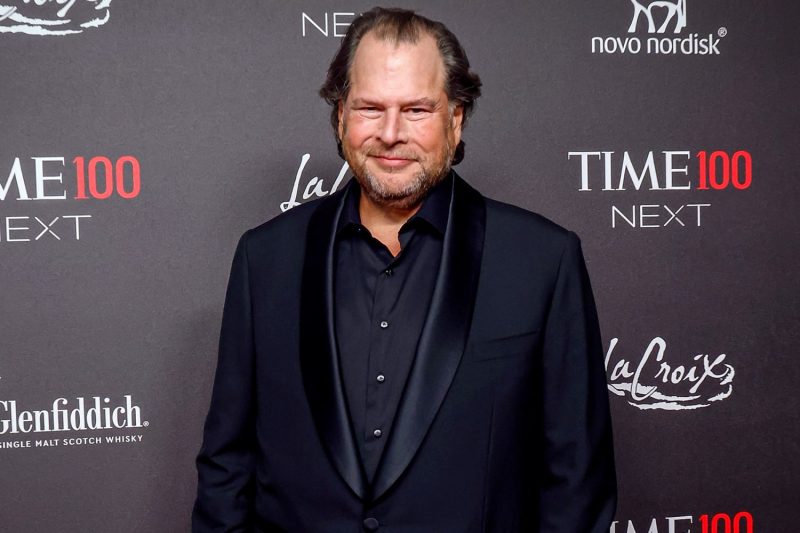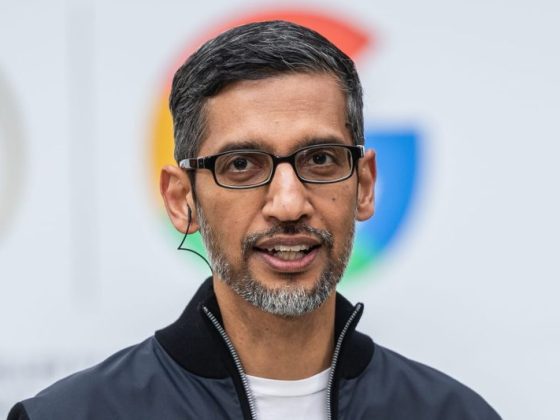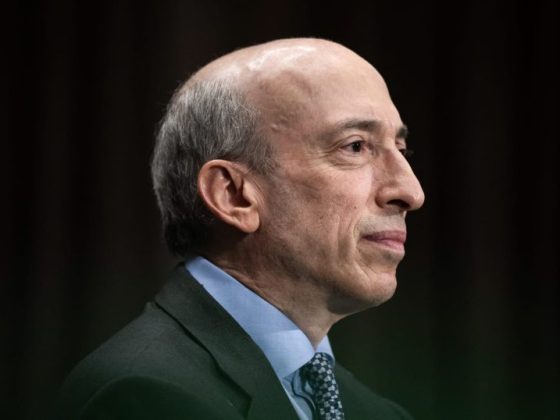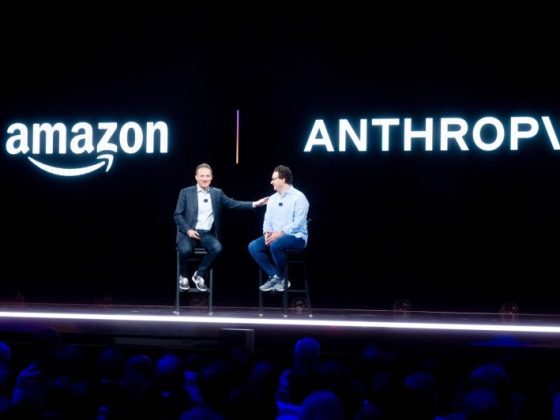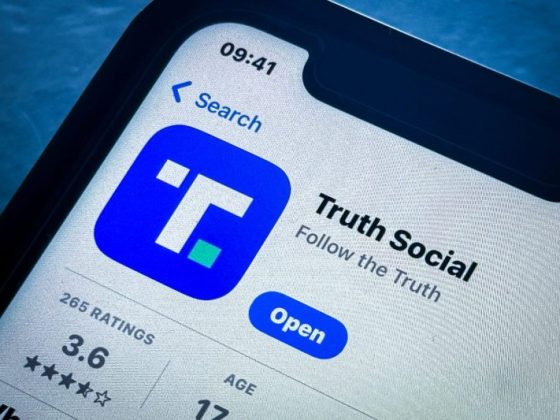Marc Benioff, the founder and CEO of Salesforce, is reportedly in discussion with Greece-based media company Antenna Group regarding the potential sale of the world-renowned Time magazine. This comes three years after Benioff bought the esteemed print media from Meredith Corporation for $190 million.
A titan in the technology industry, Benioff is widely recognized as a pioneer in cloud-based software. His decision in 2018 to acquire Time magazine was, in his words, a way of ‘stewarding journalistic impact.’ His intention, he said, was to safeguard the quality and impact of critical, fair and fact-based journalism that the magazine had epitomized for more than nine decades.
Despite assurances that his business philosophy would not influence Time’s editorial team, Benioff’s introduction as the magazine’s owner was viewed from different angles in media circles, primarily due to his political activism and outspokenness on social issues, which include LGBTQ rights, climate change, and corporate accountability. The potential sale to Antenna Group aligns with the eclectic mix of business ventures that Benioff has embarked upon in an already illustrious career.
Antenna Group, founded in 1989 by Minos Kyriakou and currently led by his son Theo Kyriakou, is an international conglomerate of media and entertainment companies with a strong presence in Eastern Europe and Greece. Time’s sale could potentially provide the group with the opportunity to pad their portfolio and simultaneously enable further reach into the international English-language news market.
The proposed deal could, on the other hand, assist Benioff in focusing on his primary task of leading Salesforce, a company he co-founded in 1999, and has since continuously refined its market position while steering towards vertical growth. The potential sale indication has emerged amid other reports suggesting Salesforce’s navigational changes in business direction, with possible implications of recentering its core product, focusing more on its software services provision.
However, the potential transition of Time’s ownership to Antenna Group is not without its set of concerns. Among them are the professional liberties of the journalistic team. Despite Benioff’s hands-off approach to editorial control, questions loom regarding the continuity of such liberties under new ownership, particularly given the track history of media ownership influencing editorial policies worldwide.
Nonetheless, Benioff’s approach to ownership was a unique one, treating it like a social impact investment, funding with zero demands or expectations for profitability. It remains to be seen if Antenna Group, if the deal proceeds, will maintain a similar model, or pivot towards a more usual commercial stance seeking financial returns.
As it stands, the process is yet in its infancy, and the talks are ongoing. While the potential sale of Time to Antenna Group poses multiple considerations, it’s indicative once again of the fluid dynamics of modern media ownership landscape. This proposed transaction shines the spotlight on the continuing evolution of the media industry across international boundaries. However, what remains a constant is the enduring value of brands like Time and their importance in delivering robust, timely, and unbiased journalism.
While the news of Benioff’s potential sale of Time does bring a certain level of uncertainty, it also stimulates intrigue around the future of one of the world’s most iconic media brands under new ownership. Only time will tell if Time magazine’s philosophy aligns with Antenna Group’s production and distribution prowess, creating a robust media empire on an international scale.

